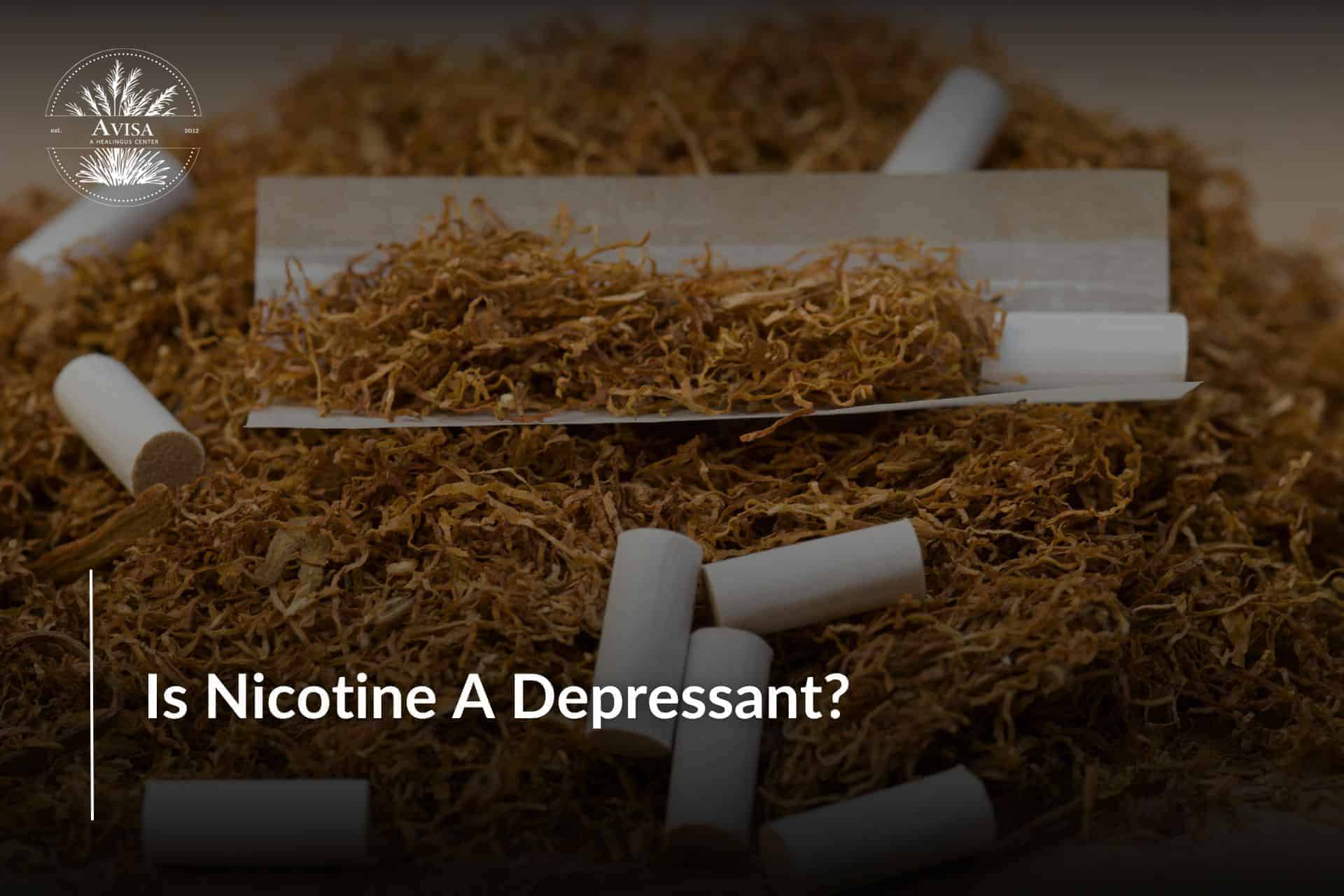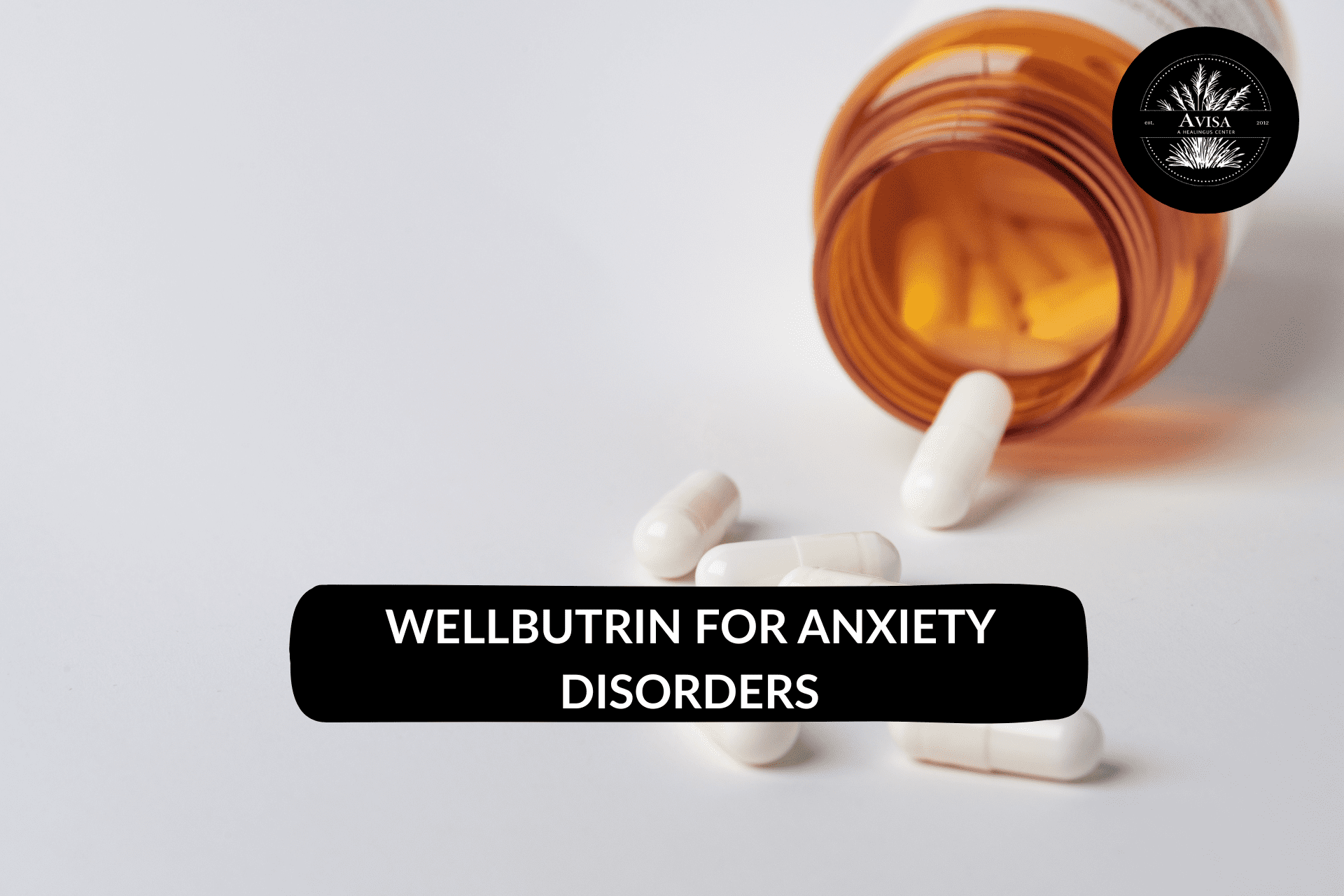Is nicotine a depressant or a stimulant? This is a question that has been under constant debate. Nicotine is one of the active elements in cigarettes and tobacco plants. Which is why people think of it as a depressant. On the contrary, it may turn out to be the real case. In fact, despite the belief of many that nicotine is a depressant, nicotine is a stimulant. Nicotine enters the body. It stimulates the release of many chemicals, including dopamine, norepinephrine, and serotonin. Daniel Pine, chief of the section on Development and Affective Neuroscience at the National Institute on Mental Health (NIMH), says that “these neurotransmitters are the chemicals that allow us to feel pleasure by doing certain activities. So, to summarize, neurotransmitters improve mood, make us alert, and help us think better. It is also responsible for increased alertness and enhanced brain function. Nicotine enters the body. It stimulates the release of chemicals like dopamine, norepinephrine, and serotonin.
In this blog, we shall be examining the question, “Is nicotine a depressant?” and delving into the role nicotine plays in the brain and how it may induce mental illness. We will also take into account the false assumptions made about nicotine being a depressant and try to give people authentic information so that they will not be misled. So, let’s break away from the misconceptions and go after the truth about nicotine.
What is Nicotine?
Nicotine is the primary alkaloid of the Solanaceae (nightshade) family, and it is a neurotoxin and an excitatory generator. It comes naturally in a few plants, but mainly, it is abundant in tobacco. It is the most addictive drug of the chemicals in tobacco. Cigarettes, cigars, and chewing tobacco are a few of the products that are included in these.
Here are the main topics related to nicotine given as table contents:
- Effects: Nicotine, being a stimulant, speeds up the working of the heart and blood vessels, making them have higher pressure but be more alert. On top of that, it is a substance that changes the mood of the people using it to the state of feeling happy or stationed.
- Addiction: The most prominent side effect of nicotine is its addictiveness. Nicotine cycling is linked with dopamine release; it is a neurotransmitter to be found under rewards and motivation. So, it is not strange at all that you will do everything to get more of it.
- Health Concerns: Nicotine itself cannot be diagnosed with the most common tobacco-induced diseases. However, it is a means of feeding tobacco addiction, which is smoking, through which humanity is exposed to the most dangerous cancer-causing substances. These substances contribute to lung cancer, heart disease, and various other health issues.
Important health notice: Before you use nicotine products, get advice from a health professional and ask him/her to review the use of NRT nicotine replacement therapy for stopping smoking.
Nicotine Metabolism and Absorption
Nicotine, which is the most important active component in the composition of any tobacco product, follows a clear pattern when it is absorbed into the human body. This process must be understood to be able to come up with some smoke-quit measures.
Absorption
Rapid Systemic Delivery: A characteristic of nicotine is its high bioavailability and permeability, so it can be easily absorbed during the process of epithelial membrane formation. Through breathing (cigarettes, e-cigarettes) and the buccal route (chewing tobacco), nicotine is designed to be taken directly into the vascular system and circulate through the entire body at a rapid pace, thanks to the large surface area and extensive vascularity of these tissues.
Distribution
Widespread Dissemination: Because it is lipophilic, nicotine is fast to spread throughout the body, and it gets into the central nervous system (CNS) very quickly, usually within seconds of being inhaled. Its rapid reach to the brain is supposed to be the most important part of its addictive property.
Metabolism
Hepatic Transformation: The liver is the site of most nicotine metabolism. The enzyme cytochrome P450 system, notably CYP2A6, is the main form of biotransformation in nicotine metabolism. As for the enzymatic process, nicotine is converted into cotinine, which is the main metabolite, ensuring that around 70–80% of nicotine’s filtration is done through the liver.
Minor Metabolic Pathways: Although CYP2A6 is known as the main enzyme, other CYP enzymes, as well as in some non-enzymatic ways, are believed to be slightly important. Moreover, at least the lungs, kidneys, and brain emerge as body parts that may be partially involved in nicotine metabolism.
Elimination
Renal Excretion: The main part of nicotine and its metabolites is disposed of through the kidneys by passing them through the urine. The urine cotinine test factor is the most accurate biomarker for assessing nicotine exposure.
Factors Influencing Nicotine Metabolism
- Interindividual Variability: The nicotine metabolism rate is a very different phenomenon among people. The strengths of individual genes that should be under the control of CYB2A6 and other genes are the ones that hasten nicotine’s clearance.
- Age: The physiological changes brought about by aging in the liver and the degrading of enzyme activities are the causes that can also result in the metabolism of nicotine being altered by such.
Health Status: Some illnesses and drugs given at the same time can change the so-called nicotine metabolism.
Nicotine’s quick absorption, irregular and unequal distribution, and strong metabolizing are the main factors contributing to its addiction. The fetal discussion in the last chapter is content with the rather frequent requests of physicians, nurses, and even health care practitioners, e.g., those who see the process of cessation occurring frequently. It is believed that the building chain in which the half-life of nicotine drops so rapidly after quitting is the first event in withdrawal symptoms and cravings. The application of these pharmacokinetic processes is a prerequisite mechanism for finding suitable smoking cessation plans.
Nicotine as a Depressant
The question, “Is nicotine a depressant?” is complex. The labeling of nicotine as either a stimulant or a depressant is still up for debate. In the past, nicotine has been classified as a stimulant primarily due to its triggering of specific brain receptors that stimulate vigilance and improve mood. Nevertheless, the whole story becomes more complex when it comes to nicotine dosing and long-term use.
At higher doses or over long periods, nicotine can exhibit properties usually associated with depressants. Such a state may bring about the following symptoms:
- Relaxation: Nicotine might lead to a feeling of tranquility and calmness.
- Reduced Anxiety: Many users report that the implementation of nicotine in their daily routine results in lower anxiety symptoms.
- Sedation: As it turns out, in very high dosages, nicotine may possess sedative properties, which are essentially drowsiness.
Understanding the Discrepancy
The paradoxical effect of nicotine is attributed to the multifaceted effect of this substance on the various communicating parts of the brain. While nicotine primordially leads to the release of dopamine, which is a neurotransmitter linked to the activity of the brain and the right side, repeated use of it might result in a downregulation of some systems. The reduced expression of these neurotransmitters can be the cause of the sedative-like effects experienced with prolonged nicotine consumption.
The classification of nicotine as either a stimulant or a depressant is conditioned by the amount and patterns of use of the substance. The first effects are mostly alerting, although the situation may be otherwise with prolonged use of it. This rather complex scenario calls for the fact that we should be able to appreciate the multiplicity of nicotine’s effects on the body.
Factors Influencing Nicotine’s Effects
Nicotine can stimulate or depress. It depends on various factors. For instance:
- Dosing: Small amounts give energy and motivation. Big amounts may cause relaxation, sleep, or sedation.
- Frequency of Use: Smokers who use nicotine a lot may develop tolerance. They will have altered brain functions connected to the drug, even when not smoking.
- Individual Differences: People differ. Some factors can lead to tobacco dependence and its effects. These factors are genetics, tolerance, and health. Smokers can be addicted to nicotine. They also get severe health problems, like lung cancer.
Long-Term Risks
Nicotine is linked to many health issues. This is especially true in its chronic form. For example, it can cause addiction, cardiovascular diseases, respiratory problems, and cancer. Nicotine use can also cause mental health problems. These include depression and anxiety. Knowing long-term outcomes is key. It helps us make better choices about nicotine.
Short-Term Side Effects
In the short term, the use of nicotine has the following side effects:
- Increased Heart Rate: Nicotine causes an increased heart rate. It makes you speedy and speeds up the blood in the vessels.
- Dizziness and lightheadedness: This affects mainly new smokers. Nicotine may cause dizziness.
- Mood Swings: Quick changes in blood nicotine levels cause frequent mood swings. They swing from high to low.
- Nausea: Large levels of nicotine can make you vomit.
Comparing Nicotine with Other Depressants
To see if nicotine, with its addictive and pleasure-causing properties, is a depressant or a depressant-blocker, we can compare it with other well-known depressants.
- Alcohol: Alcohol is a depressant. It slows the brain and dulls skills. This contrasts with nicotine, which is a stimulant.
- Benzodiazepines: Benzodiazepines are given to cure anxiety and aid sleep. They also sedate and relax.
- Opioids: Opioids are not just effective for pain relief. They also cause many warning symptoms. They are depressants and carry the risk of abuse.
Cigarettes are similar to these drugs. They soothe. But they are stimulants. They cause the brain to be stimulated and release dopamine.
Frequently Asked Questions
1. Is nicotine more harmful than other stimulants or depressants?
Nicotine harms in various ways. The harm depends on how it’s taken and on other harmful substances in tobacco. Pure nicotine has only recently become a legal product through several chemical supply companies. It is less addictive than many illegal drugs and has few or no negative side effects. Yet, of course, along with positivity, a person can also become addicted.
2. Can nicotine lead to depression?
Yes, long-term use of nicotine can be related to depression and anxiety disorders. The first hit of nicotine is an instant feel-good experience. However, it is followed by probable cash. With time, this situation can cause the mental health of the person to swivel between happiness and sorrow.
3. Is quitting nicotine beneficial for mental health?
No, it only rectifies the mental part, but the fact is that if you quit nicotine, then both your general and mental health will be restored. Smoking can be a procedure that could alleviate the problems of anxiety and the well-being of a person’s health. Even though the process of quitting itself might be quite a tough job, the benefits that you will get in the future are much greater.
Conclusion
The nature of “Is nicotine a depressant?” is only apparent when we fully grasp it. For example, sometimes it behaves as a stimulant and sometimes as a substance, with soothing or depression-like effects in some contexts. Nicotine acts primarily as a stimulant and mentally affects a person in a way that subsides in levels of narcotics or cytokines, which is also the case for the drug. One may argue that having proper knowledge concerning nicotine use is a must. The health of an individual is not limited to the physical aspect alone. Mental health plays a crucial part in a person’s well-being.
We at Avisa are devoted to helping individuals understand the effects of substance abuse on their health so they can prevent and fight certain health issues. If you have questions or need our assistance, contact us today. You can obtain information on the services we offer and how we can help you throughout the wellness process by visiting our site here.
Contact us at Avisa for more information and support.











